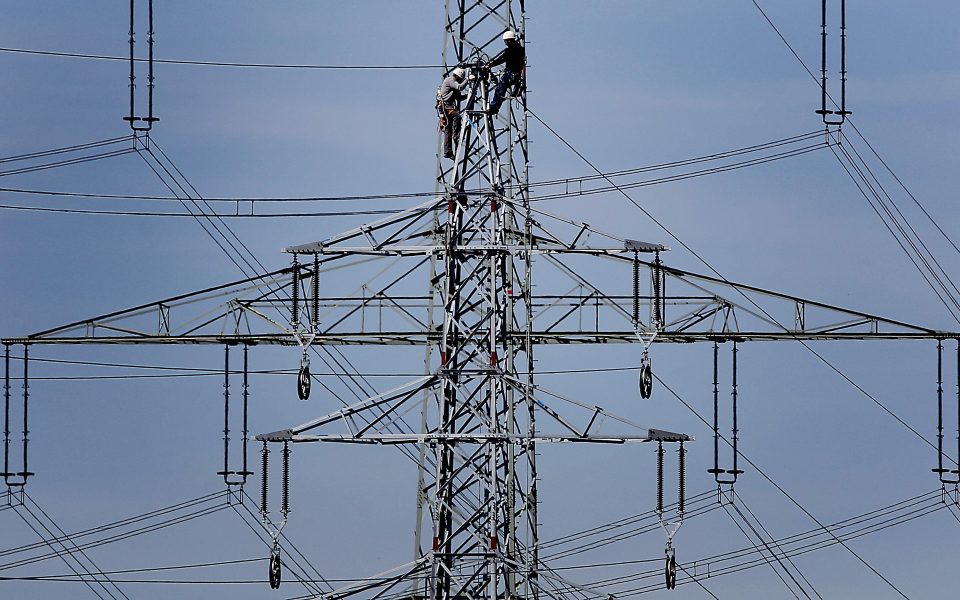Energy prices continue to rally higher
Experts fear additional costs in 2022 will be 3-4 billion euros more than projected last October

With gas and electricity prices continuing to soar on markets around the world on Wednesday, Greece was no exception.
More specifically, the wholesale price of electricity in Greece jumped to 328.46 euros/megawatt hour, or an increase of 47.5% compared to the previous day.
While strong winds and rain have increased the production of cheap energy produced by wind and hydroelectric plants in recent days, resulting in a drop in their average prices, the country is still currently reliant on gas and lignite for electricity production and fuel for other purposes.
According to estimates by market experts, with these prices the additional energy costs for the Greek economy in 2022 will amount to 3-4 billion euros compared to last October, when estimates referred to 1 or 2 billion euros.
The recent rise in prices in the gas market is due to the new cold war climate between the West and Russia over Ukraine. Analysts have noted that Moscow has every reason to maintain tensions in the region, as its gains from gas sales increase, as does the United States, which has pushed up its own liquefied natural gas prices.
The escalating prices are minimizing the benefits consumers are reaping from the support measures announced by the government.
As a result, government officials are not ruling out the possibility of additional measures, with the most likely scenario being their extension into the first quarter of the new year with funding from the proceeds of the auctions for pollution rights.
However, given the energy bills received by households, these measures look like a drop in the ocean in the face of real cost increases.
Making matters worse, the increase in energy costs is passed on to the final prices of products and services, and this is expected to further continue in the coming months.
Moreover, as Kathimerini has already revealed, the institutions are pushing for the government to set income and property criteria for the provision of assistance to address the energy crisis.
If they persist in this position, then it is very likely that hundreds of thousands of consumers will lose this small subsidy they received in the last two months of 2021.
Meanwhile, the Public Gas Corporation (DEPA) is continuing its efforts to conclude a gas supply agreement with Gazprom. However, the higher the prices, the further it is deviating from the goals set by the Greek side at the beginning of the negotiation.





